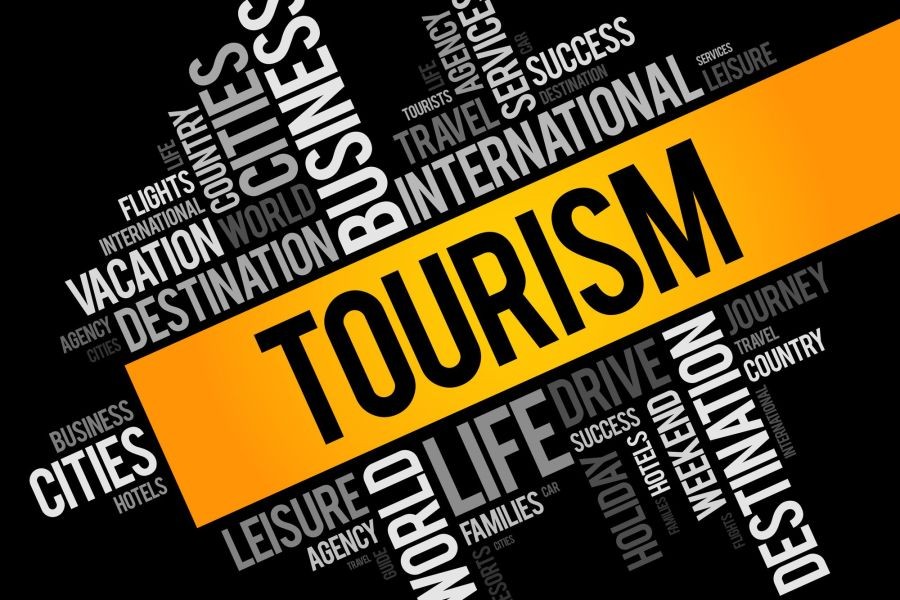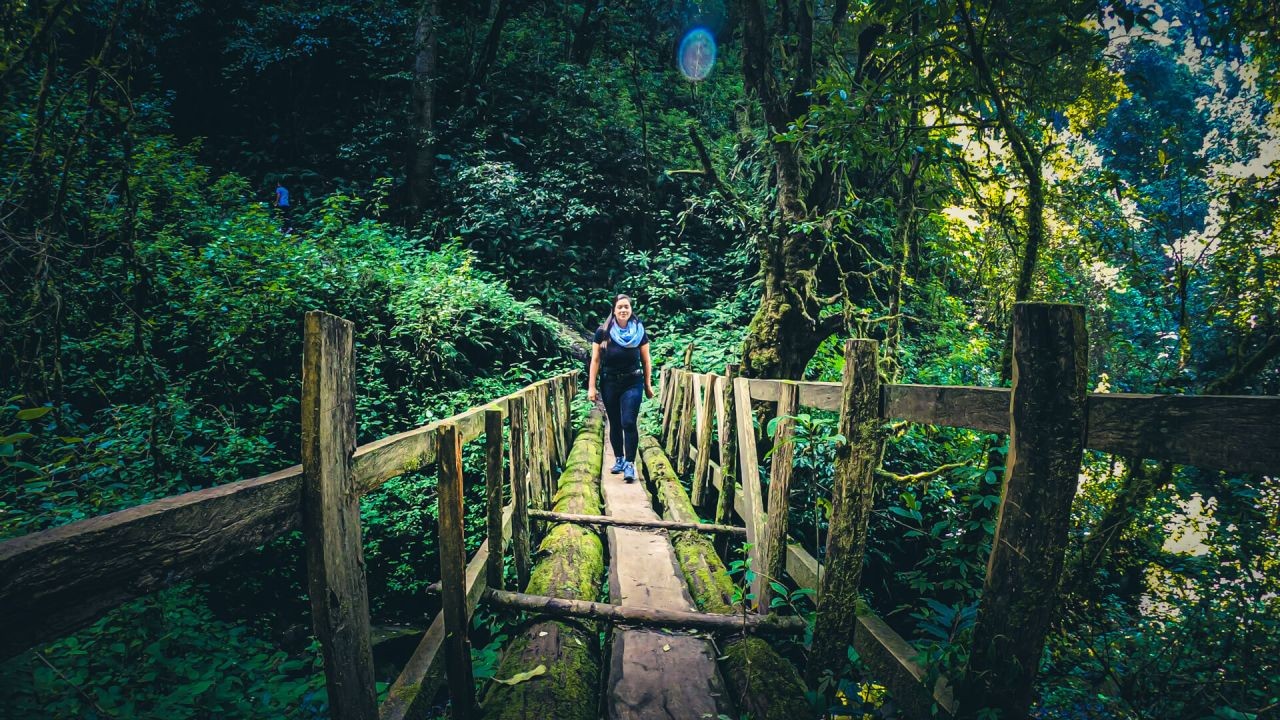As New Zealand's tourism industry continues to evolve, preparing for the future is not just about adapting to trends but also about strategically positioning oneself to capitalize on emerging opportunities. The tourism sector is a significant contributor to New Zealand's economy, accounting for 5.8% of the country's GDP in 2019, according to Stats NZ. However, the COVID-19 pandemic has reshaped the landscape, prompting the industry to rethink its strategies. As a real estate expert, understanding these changes is crucial in identifying growth areas and investment opportunities.
The Evolution of New Zealand's Tourism Industry
Before diving into what the future holds, it's essential to understand how the tourism industry in New Zealand has evolved. The country's unique landscapes, vibrant culture, and welcoming communities have always been major draws for international visitors. However, the pandemic highlighted the need for a more sustainable and resilient approach to tourism.
New Zealand's government has been proactive in promoting sustainable tourism. The Ministry of Business, Innovation, and Employment (MBIE) has emphasized the importance of regenerative tourism, which focuses on leaving destinations better than they were found. This shift is not just a response to environmental concerns but also a strategic move to attract a new wave of eco-conscious travelers.
Case Study: Queenstown's Sustainable Tourism Initiative
Problem:
Queenstown, a major tourist hub, faced challenges with overcrowding and environmental degradation before the pandemic. The influx of tourists strained local resources and led to a decline in visitor satisfaction.
Action:
To address these issues, Queenstown implemented the "Destination Queenstown" initiative, focusing on sustainable tourism practices. This included promoting off-peak travel, enhancing waste management systems, and investing in eco-friendly infrastructure.
Result:
- Visitor satisfaction increased by 25%.
- The town saw a 15% reduction in waste disposal costs.
- Local businesses reported a 20% increase in off-peak season bookings.
Takeaway:
Queenstown's approach demonstrates the potential for sustainable tourism practices to enhance visitor experiences while benefiting the local economy. Real estate investors can capitalize on such trends by focusing on sustainable property developments that appeal to eco-conscious travelers.
Data-Driven Insights and Future Trends
A recent report by the Reserve Bank of New Zealand highlights that domestic tourism is expected to play a more significant role in the coming years. With international travel restrictions still lingering, Kiwi tourists are exploring their own backyard. This trend presents opportunities for real estate investors to develop properties catering to local travelers.
Moreover, digital transformation in tourism is accelerating. From virtual reality tours to contactless check-ins, technology is redefining the visitor experience. Embracing these innovations can enhance property appeal and attract tech-savvy tourists.
Balancing Perspectives: Technology vs. Tradition
While technology offers numerous advantages, it's crucial to balance innovation with authenticity. New Zealand's cultural heritage is a vital part of its tourism appeal. Properties that integrate smart technology with traditional Maori design elements can offer a unique and immersive experience.
Common Myths and Mistakes in Tourism Real Estate
Understanding common misconceptions can prevent costly mistakes when investing in tourism-related properties:
- Myth: "Luxury accommodations are always the most profitable."
- Reality: While luxury properties can command high rates, mid-range sustainable accommodations are gaining popularity among eco-conscious travelers.
- Myth: "Tourism will return to pre-pandemic levels soon."
- Reality: The tourism landscape has permanently changed. Emphasizing sustainable and domestic tourism will be key to future success.
- Myth: "Technology is only for large operations."
- Reality: Small and medium-sized businesses can benefit significantly from adopting digital solutions to enhance customer experiences.
Future Trends and Predictions
The future of New Zealand's tourism industry is likely to be shaped by several key trends:
- Increased demand for sustainable accommodations as eco-consciousness grows among travelers.
- A shift towards experiential travel, with visitors seeking authentic cultural experiences.
- Integration of digital technologies, such as AI and VR, to enhance visitor engagement.
According to a study by Deloitte, by 2028, it is predicted that 60% of travel bookings in New Zealand will be made through digital platforms, highlighting the importance of a robust online presence for tourism properties.
Conclusion
The future of New Zealand's tourism industry is both challenging and full of opportunities. For real estate experts, the key lies in adapting to sustainable practices, embracing digital innovations, and understanding the evolving needs of travelers. By aligning with these trends, investors can not only achieve financial success but also contribute to the sustainable growth of New Zealand's tourism sector.
Are you ready to explore the opportunities in New Zealand's tourism real estate market? Share your thoughts and strategies in the comments below!
People Also Ask
- How does sustainable tourism impact New Zealand's economy? Sustainable tourism practices reduce environmental strain and enhance visitor satisfaction, leading to increased repeat visits and economic growth.
- What are the biggest misconceptions about New Zealand's tourism industry? One common myth is that luxury accommodations are the most profitable, but mid-range sustainable options are increasingly popular.
- What future trends should New Zealand's tourism industry prepare for? The industry should prepare for a rise in digital bookings and increased demand for authentic cultural experiences.
Related Search Queries
- New Zealand sustainable tourism strategies
- Future of tourism in New Zealand
- Real estate investment in New Zealand tourism
- Digital transformation in tourism industry
- Eco-friendly accommodations in New Zealand































